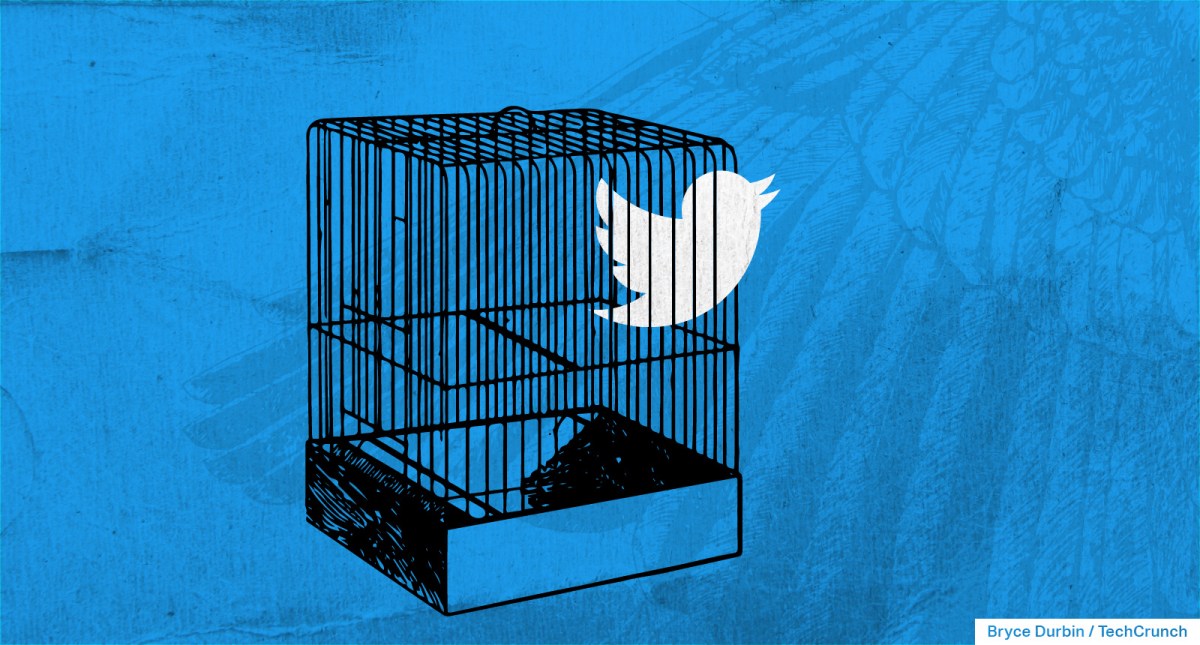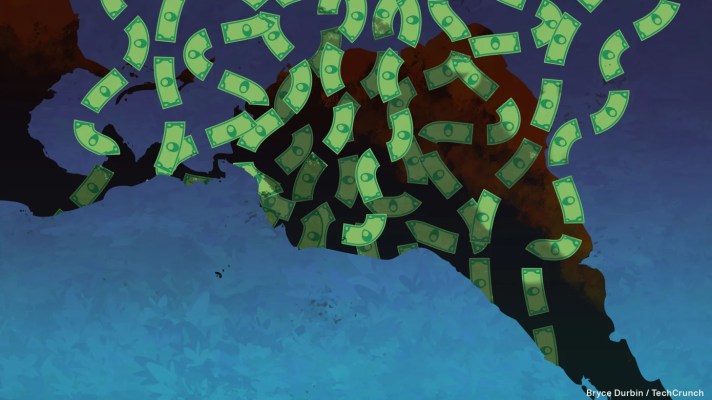What’s a Twitter user to do?
In the older days of the web, an app called Trillian emerged to solve the problem of allowing users to connect to their friends across multiple messaging services, like AIM, Jabber, Yahoo! Messenger, IRC and others.
Lately, I’ve been longing for a Trillian-like service that would allow me to keep up with Twitter’s fleeing user base, the way that Trillian once connected users to multiple IM services.
I’m not sure that would be a good thing, though.
In the days since the Elon Musk Twitter takeover, a good chunk of Twitter’s network has exited to other apps. That leaves Twitter users who are trying to stay connected with friends with a lot of open browser tabs and new apps stuffed into iPhone folders.
The problem is, the market hasn’t yet picked a winner for “new Twitter” — and it’s possible it never will.
It’s a tough problem to solve. Reproducing Twitter’s magic isn’t as simple as re-creating a microblogging tool with similar functionality — a heart, a retweet, an @ reply and threads. Twitter’s biggest draw was its community, not its feature set. And it’s fair to say that network has been diminished in recent days — despite Musk’s tweets to the contrary. Even if Twitter is gaining users, as he claims, it’s losing others at the same time.
If Musk succeeds, Twitter’s sheer numbers may grow, but it won’t be the same Twitter it was before. Much like the company itself, when the original people are gone, so is the vibe, the spark, the sense of belonging. Myspace, after all, is still around. But it’s not MySpace anymore.
Or, in other words: Though Twitter lives on, in some ways, it’s already gone.
You’ve probably felt it, too. Every day since the Musk takeover, much of my Twitter engagement now comes from crypto trolls who are tagging me into threads and bizarro, hashtagged praise for Musk from people’s accounts that aren’t quite discernible from bots. Meanwhile, real conversations are happening elsewhere — and with increasing frequency.
Twitter, meanwhile, seems to be doubling down on its reward-and-punishment system for only the most performative, most snarky, most zingy of posters, led by twit-in-chief Musk. Ultimately, it seems, Twitter may live on as an entertainment network, if not a community, as a result.
In the meantime, many of Twitter’s OG users have fled to different parts of the web.
Those with more technical expertise may have managed to navigate the complicated onboarding process to find a home on Mastodon, but it’s not a Twitter clone despite the initial similarities. Universal search doesn’t exist. Direct messages work differently. Quote tweets aren’t a thing. The mobile app is slow. Adding friends is wonky. And there are so many rules. (You’re even supposed to add content warnings to talk about Twitter, it’s so despised over there! And yet Twitter users’ collective sadness over its seeming downfall is all we want to talk about now.)
Elsewhere, some of Twitter’s media crowd have been trying out Post.News, which is being advised by tech journo Kara Swisher. But it has not launched publicly yet and there’s no mobile app. Plus, the network itself, with its journalist base, is sort of… serious and boring. (Sorry, but it wasn’t media Twitter that made Twitter fun!)
Some young people left Twitter for Hive, whose three-person team can’t keep the darned thing functioning. Currently, it’s offline as the team addresses significant security concerns. The company’s lack of transparency around staffing, funding, security, privacy and other key aspects of its business — not to mention its tendency to call everyone “besties” — doesn’t inspire much trust, either.
Then there are the numerous alt Twitters: Cohost, CounterSocial, Tribel, Koo and so on.
Oh, and I guess we’re using Tumblr again, too? Which may one day connect to Mastodon folks? Substack wants to be a Twitter now? And Discord?
But wait! There’s more. Twitter co-founder Jack Dorsey is building his own decentralized Twitter called BlueSky, which is both a protocol and an app. But BlueSky says it won’t use ActivityPub — which means it won’t be able to talk to Mastodon. Sigh.
Even as all the alt Twitter sampling continues, many Twitter users haven’t actually fully left — they’ve just reduced their postings or are cross-posting. They’ve got one foot out of the door but keep looking back over their shoulder, as if asking themselves, should I really leave? Is now the time? (Points at self). After all, it seems there’s still too much going on over on Twitter to truly sign out forever.
I’m tired. This problem is in need of a solution. Or at least a decision. Can we convene a vote, please?
Eventually — hopefully — the issue will resolve itself.
Maybe we’ll collectively decide that we actually don’t choose which companies to use based on our morals and values, as it turns out. (Or else our local mom-and-pop stores would have our business, not Amazon Prime!) Maybe, with heads hung low, we’ll go back to Twitter and pretend we never left.
Or maybe we’ll all finally gravitate toward one network over the others, which will then gain enough traction to consider itself the real “Twitter 2.0.”
Or maybe we’ll decide we don’t need a Twitter 2.0, and stay dispersed across smaller networks. Maybe that’s the right move. Maybe it’s time to retire the concept of the global town square, the dunk factory and the algorithm.
Maybe we should find a group of people we actually want to talk to — not perform for — and leave Twitter behind.




